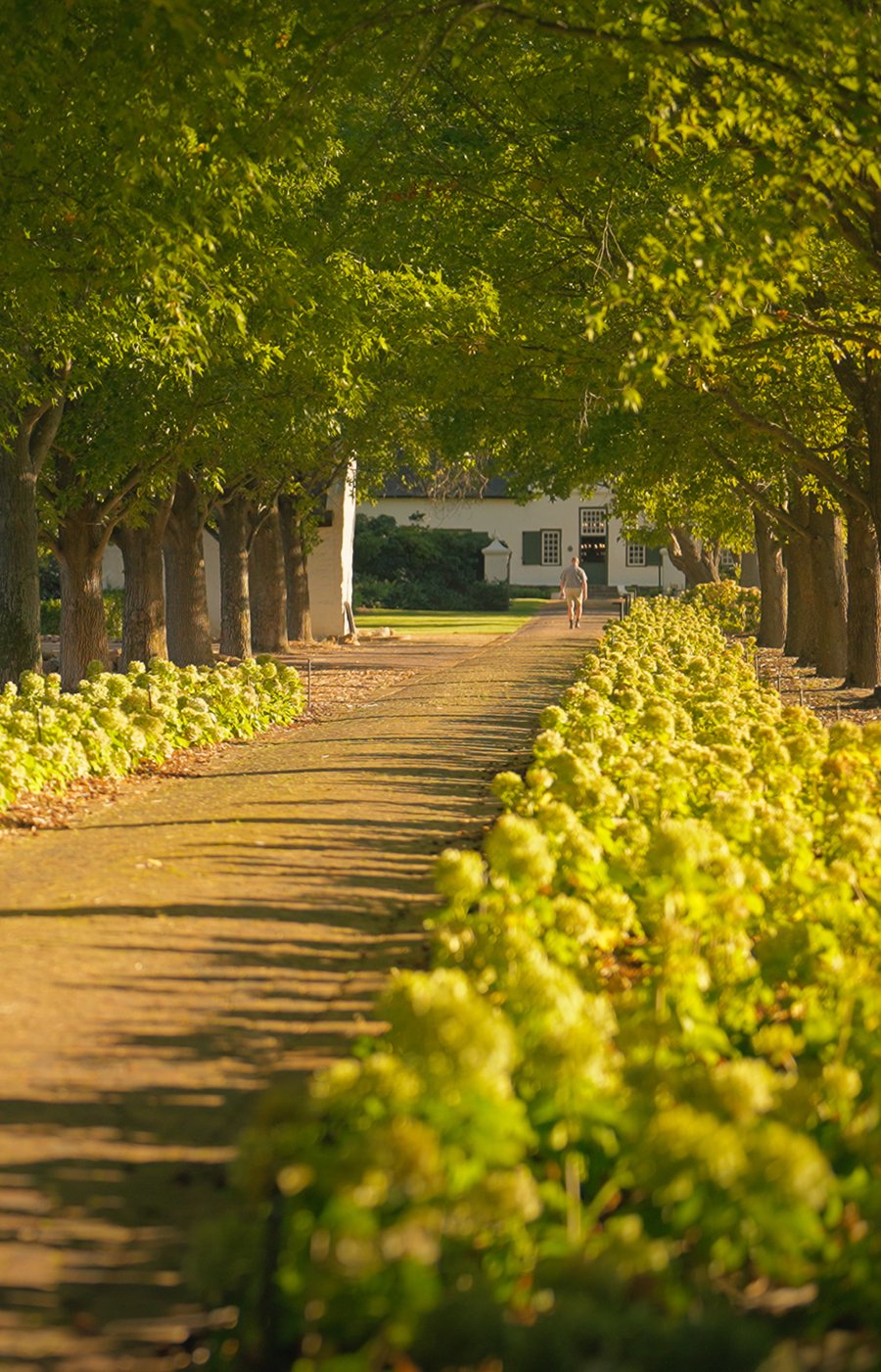THE LAND OF PLENTY
As a chef, I’m intensely aware of ingredients, where they come from, and their seasons of growth and harvest. More and more attuned to our need to live more sustainably, I place a lot of stock in the farm-to-fork lifestyle, although I’d be the first to admit it’s not easy. As agri-tourism continues to grow on a global scale, I find it so important to seek out those individuals who lead our thinking around mindful agriculture, and who remind us why it’s the future of food.

On the rural outskirts of Cato Ridge between Durban and Pietermaritzburg, agroecologist Richard Haigh had a vision for a farm that, at first, had no name. “The isiZulu word enaleni, which means agricultural abundance, seemed so fitting to me,” he says. “It’s what any farmer strives for. But I wanted to achieve that in the classic sense of the word, not just by planting monocrops. Nature makes connections between things, and multiple components give us texture.”
To this end, Enaleni Farm has set out to recover real food diversity by focusing on both plants and animals that are globally marginalised by food empires. “To give them centre stage in a small-scale agroecological farming system where we can experience real food – soaking up the colours, characteristics and flavours – and let their stories unfold, links us to a food system that is not only more diverse, connected and local, but also more meaningful,” says Richard.
In everything Enaleni endeavours to do, the farm is guided by a philosophy of transformation. The driving question is: how can we revive the relationship between us and our food in a tactile way? “I feel like we’ve forgotten how to look for the potential in ingredients,” says Richard. “So I’m always looking for ways to substitute things. The Mdoni tree, for instance, grows a fruit similar to an olive. Although it tastes nothing like an olive, we treat it like an olive in our cooking. In this way, we’re experimenting with our own diversity.”
As part of this ethos, Richard and his team have selected breeds of animals and varieties of plants that are either heritage, landrace or indigenous. Heritage livestock breeds are animals that were raised by farmers in the past, before industrial agriculture resulted in the significant loss of breed variety, whereas landrace animals have been improved only by traditional agricultural methods. Both are locally adapted, breed naturally and grow slowly. “This enables us to continue adapting and responding to the soil and climate, which also shapes us as farmers!” says Richard.
Exploring Enaleni, one discovers Potchefstroom Koekoeks, Buff Orpingtons, and Venda breeds among the chickens alone. A posse of heritage turkeys roams free under the acacia trees, while Kolebroek sows tend to their young, and a flock of Zulu sheep meander in convoy to an antique bath, which serves as their water trough.
On top of the enlightening education in forgotten ingredients like air potatoes, tree tomatoes, grain amaranth and horny cucumber, the visit culminates in a series of multisensory moments – the sight of a zebra bean, the deep orange flesh inside a cut-open flat white boer pumpkin, that first whiff and taste of fennel wine, and sweetly preserved guava with a drizzle of fresh, unpasteurised cream.
In the end, Richard and his team are not driven by diversity for diversity’s sake, but by the bigger picture. “Farms like ours enable resilience, which is increasingly important as climate change becomes a very real part of our lives,” says Richard. “As temperatures continue to fluctuate, we’re experiencing upward spirals of pests and parasites. But if we have no control over our seeds and animal breeds, we become slaves to the kinds of foods that do nothing for our wellbeing.”














